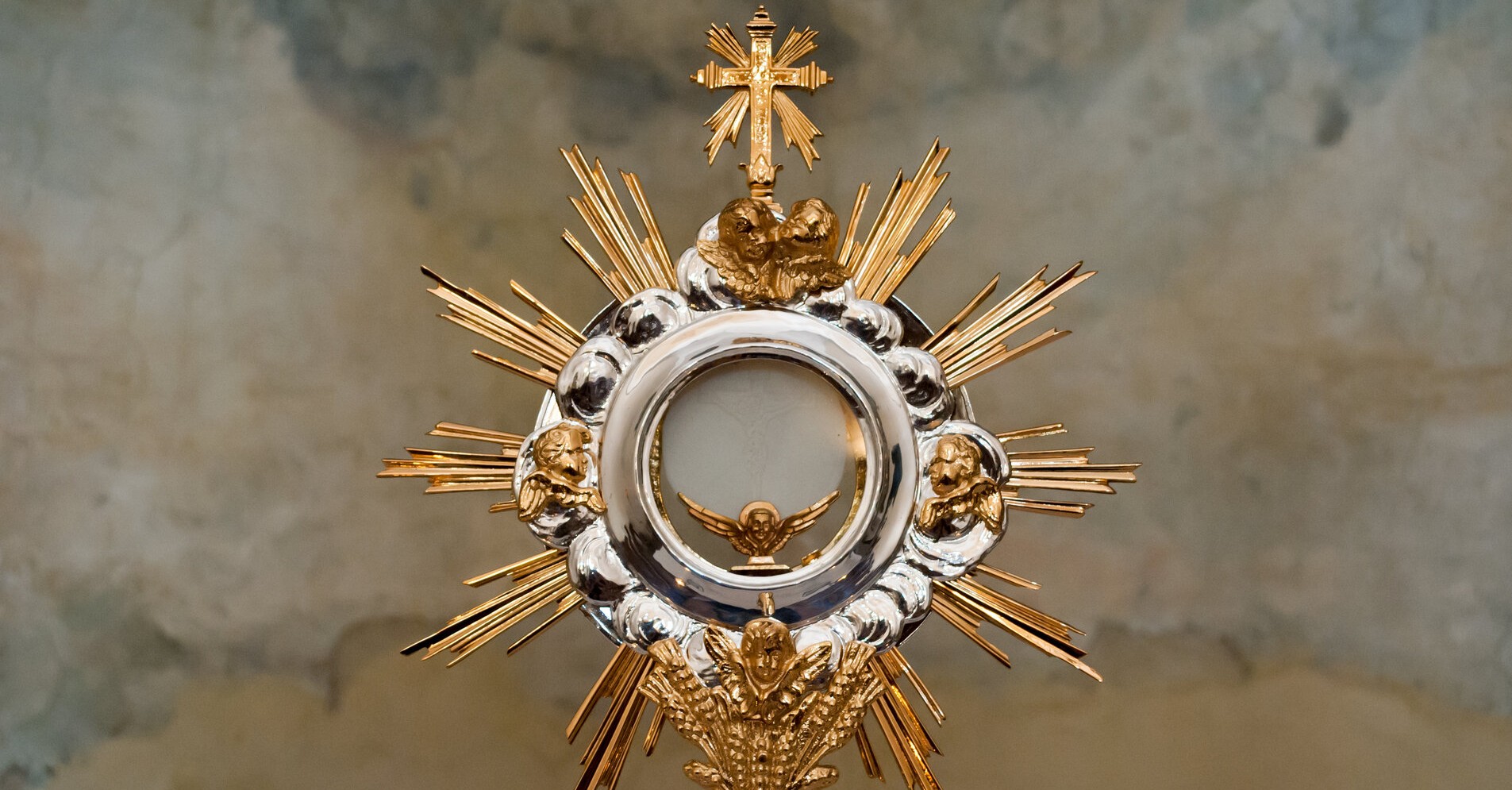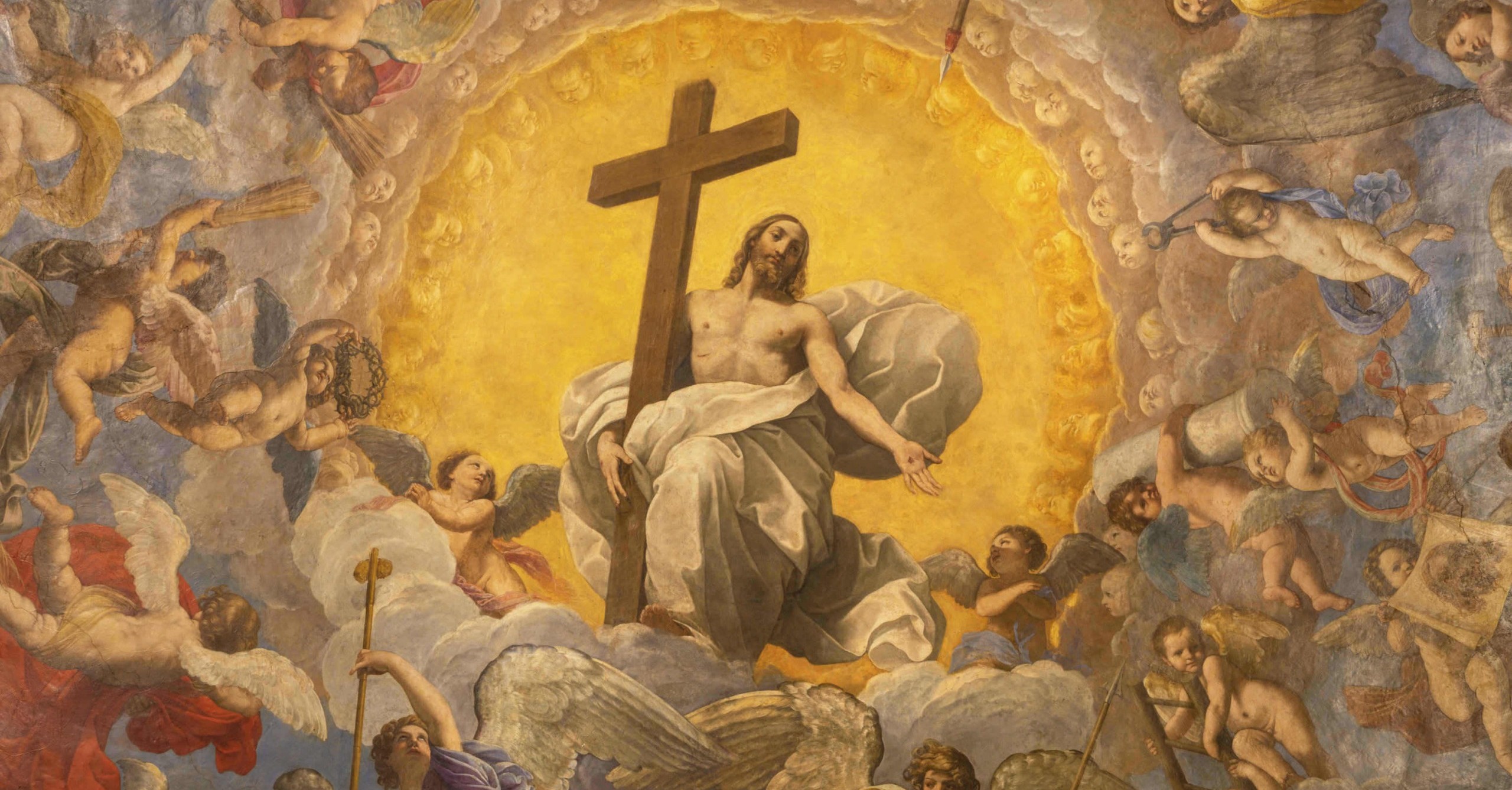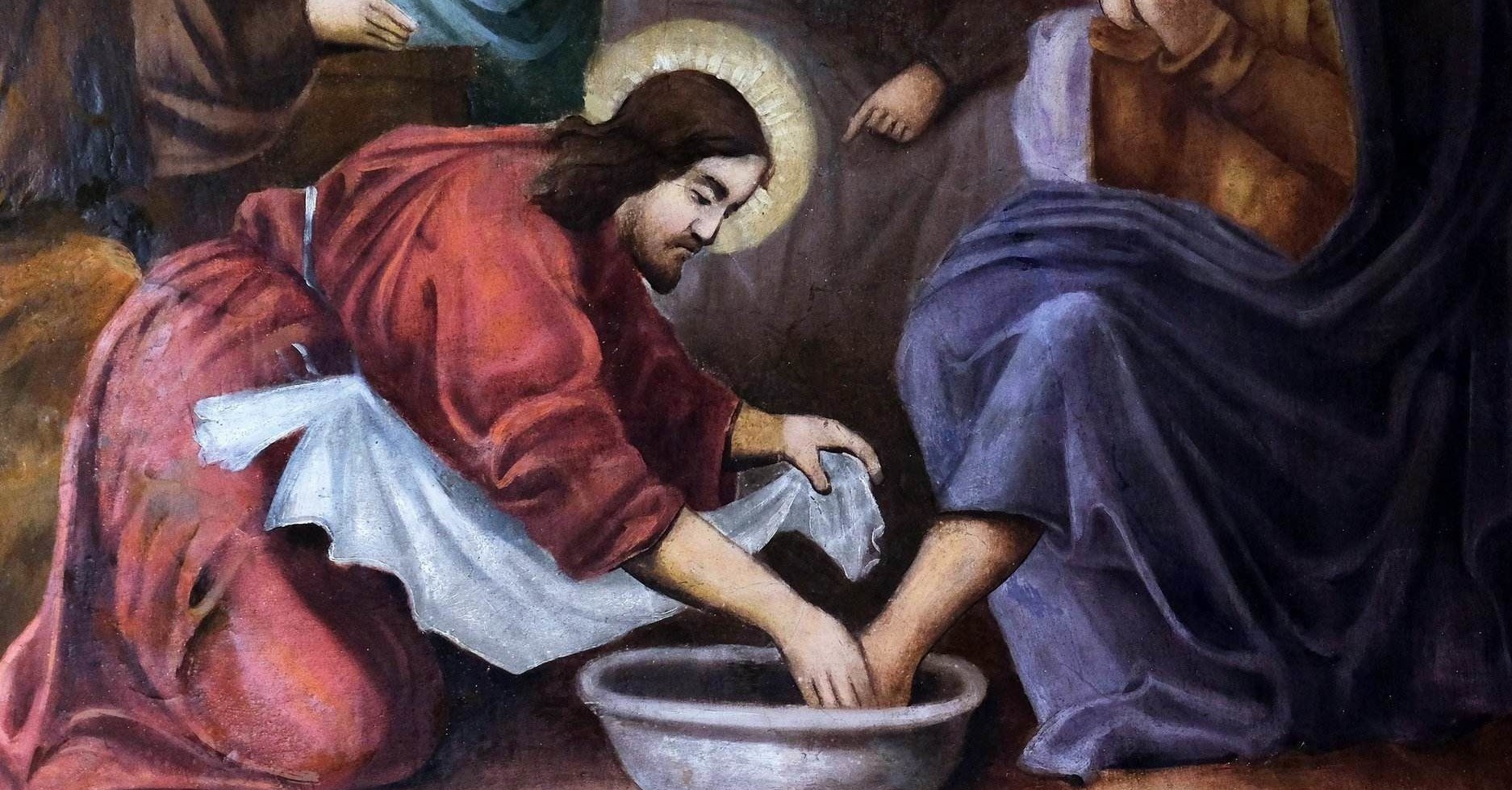2nd Sunday in Lent, 28 February 2021
Recently I’ve been reflecting on Alexander Schmemann’s book, Great Lent, and have drawn some thoughts from it which I’d like to share with you in relation to today’s Gospel.
Someone who embarks on a journey makes preparations; more than that, we must know where we’re going. Lent is a spiritual journey with Easter as the destination. Easter is called the mother of all feasts, the Christian Passover; it’s the fulfilment of the Passover. “Behold, the Lamb of God who takes away the sins of the world”: Jesus is the Passover Lamb.
Easter is more than the commemoration of a past event. It’s:
- when the light of God shone at its fullest and brightest and overcame the power of darkness – God’s glory revealed
- when the Son of Man died; and in His death, death died, which had a grip on humanity, causing fear in many people
- when sin’s power to corrupt and destroy was ended
- the celebration of the coming of new life, the new heaven and new earth, brought about by the cross of Jesus
The Church celebrates a mini Easter every Sunday; Easter continues to happen in our midst and in our lives. It’s a passage, like Israel going through the Red Sea experience. We receive the gift of new life through our Baptism, which determines a person’s eternal destiny.
Returning through the path of repentance
At times we become oblivious and forget our Baptism and certain other things we need to remember. Sometimes we’re overwhelmed with the taste of the things of the world, as Edmund was by Turkish delight in The Lion, the Witch and the Wardrobe by C. S. Lewis. For that reason, people continue in darkness while they have the light, to live in sorrow while possessing joy, and to live in death while they have life in Christ. Through the liturgical seasons, cycles, services, Sacraments and other activities, the Mother Church helps us to recover what Christ has offered us on the cross, the vision and taste of that new life. We so easily lose it, but we can return through the path of repentance.
Luke 19:1-10 tells the story of Zacchaeus, a Jewish tax collector who collaborated with the Romans. Tax collectors were considered corrupt, because they demanded more than the government; some accumulated great wealth for themselves by illegitimate means. Jericho was a significant centre of commerce, stationed along a major trade route connecting Jerusalem and its environs with the Jordan to the east. As Jesus was passing through, Zacchaeus heard of it; and because he was short in stature, he climbed a sycamore tree to see Him. To his surprise, Jesus turned to Zacchaeus, looked at him, and said, “Zacchaeus, come down quickly, because I’d like to go to your house.” Jesus was bringing salvation to his family.
Desiring Jesus again
Zacchaeus climbed the tree because he was filled with desire to see Jesus. This story conveys what all Christians are encouraged to do during this season of Lent: we need to desire Jesus again, in case He’s no longer the centre of our lives, to participate in His life again.
Human nature generally follows desire; the Gospel acknowledges that whatever man treasures or considers important points to his heart’s desire. A strong desire overcomes human limitations: where there’s a will there’s a way. Individuals who are passionate about something can do things they usually are incapable of doing:
- In 1978 Christina Chojnowska-Liskiewciz became the first woman to sail around the world solo
- Felix Baumgartner, a skydiver, jumped to earth from a helium balloon in the stratosphere in 2012
They had to overcome fear and many other things, but because of desire they overcame their inabilities and other things that would hinder them. Zacchaeus overcame his stature and his sense of sinfulness and shame, even transcending himself. He abandoned his non-satisfying, meaningless life and desired the life Jesus offers.
Are we desiring the right thing?
All humans desire something, but is our desire aimed at the right goal, or is it what Jean-Paul Sartre called “useless passion”? Zacchaeus desired the right thing: he wanted to see and approach Jesus Christ. This is our journey in Lent, the step of repentance. It’s the rediscovery of the deep desire of our hearts. If it’s misaligned, we need to set it right: to thirst and hunger again for God and His righteousness, for the life that can only be found in Him. Although Zacchaeus was short, petty, sinful, corrupt, his desire overcame all this. He perfectly fits the profile of denying oneself, taking up the cross and following Christ. He fits the profile of someone who was gaining the whole world yet losing his soul; but he reclaimed his soul in Christ by inviting Him into his life.

Our desire attracts Christ’s attention
Zacchaeus’s desire attracted Christ’s attention. Jesus is God; He saw the desire that was brewing and increasing in Zacchaeus’ heart. In Lent we examine and adjust our desires to thirst and hunger for the divine. If we deeply and strongly desire God, Christ will respond to us. This is not a message of condemnation, but a message of reflection to remind us that sometimes we can desire the wrong things in life. In this season of Lent, let us open our hearts and let our desire be for Christ. Our final destination is Easter, but we need to adjust our heart, and we can only do so with the help, grace and mercy of the Holy Spirit. If this message is touching your life, lift your hands to God and say, “Lord, help me to desire You again in my life. Let the things around me not be so important but may You be again the centre of my life.” Open your heart to Jesus and let Him touch your life; and not only for you but also your family. This is the call of Lent for all of us.









